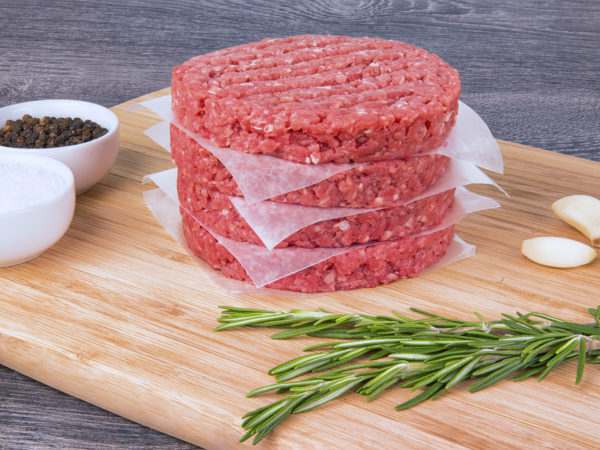Flexitarian or Vegetarian?
I’ve been hearing the term “flexitarian” lately to describe a new way of eating. Is this some new spin on a vegetarian diet? If so, can you explain how it differs and whether or not it promotes good health? Do you recommend it?
Andrew Weil, M.D. | April 5, 2012

Flexitarian and the Flexitarian diet iare relatively new terms used to describe a diet that focuses on vegetarian foods but occasionally includes some meat. A book, The Flexitarian Diet by Dawn Jackson Blatner, R.D., published in 2008, popularized this idea and promotes a gradual transition from a meat-based diet to one that is mostly vegetarian with only two meals per week including animal foods.
In some respects, the flexitarian approach is not very different from my Anti-Inflammatory Diet, which emphasizes vegetables, fruits, whole grains, beans and other legumes, and healthy fats. The Anti-Inflammatory Diet also encourages you to eat fish and seafood two to six times a week and other sources of animal protein, including lean meat, poultry and eggs less often, only once or twice a week at most. The Anti-Inflammatory Diet is designed to help counteract the chronic inflammation that is a root cause of many serious diseases, including those that become more frequent as we age. It is a way of selecting and preparing foods based on science that can help people achieve and maintain optimum health over their lifetime.
As you may know, I was a lacto-vegetarian (my diet allowed for some dairy products) from 1970 to about 1987, when I began to include eating fish, so I know from personal experience that a vegetarian diet can be both healthy and satisfying.
It is interesting to me that a lot of the current enthusiasm for vegetarian eating stems from increased awareness of the health benefits of this type of diet rather than a concern for animal rights, as was often the case in the past (and remains a very important issue for some). It is certainly easier to be a vegetarian these days than it used to be, with an abundance of products available: veggie burgers (which I understand you can now get at Burger King as well as from supermarket freezers) and soy- and wheat-based meat substitutes. Even with the occasional indulgence of a steak, becoming a flexitarian or a part-time vegetarian is better for your health than following the mainstream American diet.
If you decide on the flexitarian approach to eating, I would encourage you to make healthy choices when you do eat meat and to watch your portion sizes. (I suggest limiting your servings to three ounces.) You’re better off eating beef from grass-fed cattle than that from animals raised on factory farms and fed grain (not to mention hormones and antibiotics). Meat from grass-fed cattle has more omega-3 fatty acids, vitamin E and conjugated linoleic acid – all good for human health. (Note: organic beef isn’t necessarily grass-fed. The cows may be raised in pesticide-free pastures, but they are still taken to feedlots and fed grain prior to slaughter.)
If you eat chicken, choose organic, cage-free chicken. As far as fish is concerned, choose wild Alaskan salmon (especially sockeye), herring, sardines, and black cod (sablefish), all of which are rich in omega-3 fats.
Andrew Weil, M.D.














